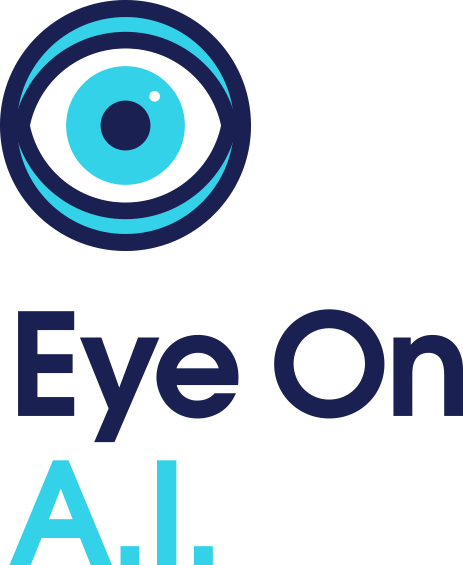Week Ending 8.15.2021
RESEARCH WATCH: 8.15.2021
Over the past week, 1,026 new papers were published in "Computer Science".
The paper discussed most in the news over the past week was by a team at OpenAI: "Evaluating Large Language Models Trained on Code" by Mark Chen et al (Jul 2021), which was referenced 25 times, including in the article OpenAI says 'Hello, World!' with private beta for Codex code generation tool in ZDNet. The paper author, Ilya Sutskever (OpenAI), was quoted saying "The code neural networks that you will have in the future will be far better than this".
Leading researcher Kyunghyun Cho (New York University) came out with "Meta-repository of screening mammography classifiers".
This week was very active for "Computer Science - Artificial Intelligence", with 199 new papers.
The paper discussed most in the news over the past week was "Estimating Respiratory Rate From Breath Audio Obtained Through Wearable Microphones" by Agni Kumar et al (Jul 2021), which was referenced 15 times, including in the article AirPods 3: Apple Unexpectedly Reveals AirPods Are Capable Of Breathtaking New Feature in Forbes.com.
This week was active for "Computer Science - Computer Vision and Pattern Recognition", with 288 new papers.
The paper discussed most in the news over the past week was by a team at The University of Adelaide: "Reading Race: AI Recognises Patients Racial Identity In Medical Images" by Imon Banerjee et al (Jul 2021), which was referenced 10 times, including in the article Who Will Save Us From Racist AI? in Quillette.
Leading researcher Kyunghyun Cho (New York University) came out with "Meta-repository of screening mammography classifiers".
Over the past week, 29 new papers were published in "Computer Science - Computers and Society".
The paper discussed most in the news over the past week was by a team at The University of Adelaide: "Reading Race: AI Recognises Patients Racial Identity In Medical Images" by Imon Banerjee et al (Jul 2021).
This week was very active for "Computer Science - Human-Computer Interaction", with 50 new papers.
This week was very active for "Computer Science - Learning", with 292 new papers.
The paper discussed most in the news over the past week was by a team at OpenAI: "Evaluating Large Language Models Trained on Code" by Mark Chen et al (Jul 2021).
Leading researcher Kyunghyun Cho (New York University) came out with "Meta-repository of screening mammography classifiers".
Over the past week, nine new papers were published in "Computer Science - Multiagent Systems".
Over the past week, 12 new papers were published in "Computer Science - Neural and Evolutionary Computing".
The paper discussed most in the news over the past week was "Generating Master Faces for Dictionary Attacks with a Network-Assisted Latent Space Evolution" by Ron Shmelkin et al (Aug 2021), which was referenced 10 times, including in the article Researchers Claim Their ‘Master Faces’ Can Fool Facial Recognition Systems. Are They Right? in FindBiometrics. The paper author, Tomer Friedlander (Researcher at the School of Electrical Engineering at Tel Aviv University), was quoted saying "LFW indeed suffers from the limitations described in its official website, but in spite of these limitations, LFW is a widely used dataset in the academic literature for evaluating face recognition methods".
This week was very active for "Computer Science - Robotics", with 69 new papers.
The paper discussed most in the news over the past week was by a team at Delft University of Technology: "Sniffy Bug: A Fully Autonomous Swarm of Gas-Seeking Nano Quadcopters in Cluttered Environments" by Bardienus P. Duisterhof et al (Jul 2021), which was referenced 19 times, including in the article Want to Pinpoint Gas Leaks? Fly Surveillance With Tiny Drones in Design News. The paper author, Guido de Croon, was quoted saying "We are convinced that swarms of tiny drones are a promising avenue for autonomous gas source localization".
Leading researcher Pieter Abbeel (University of California, Berkeley) came out with "Skill Preferences: Learning to Extract and Execute Robotic Skills from Human Feedback".

